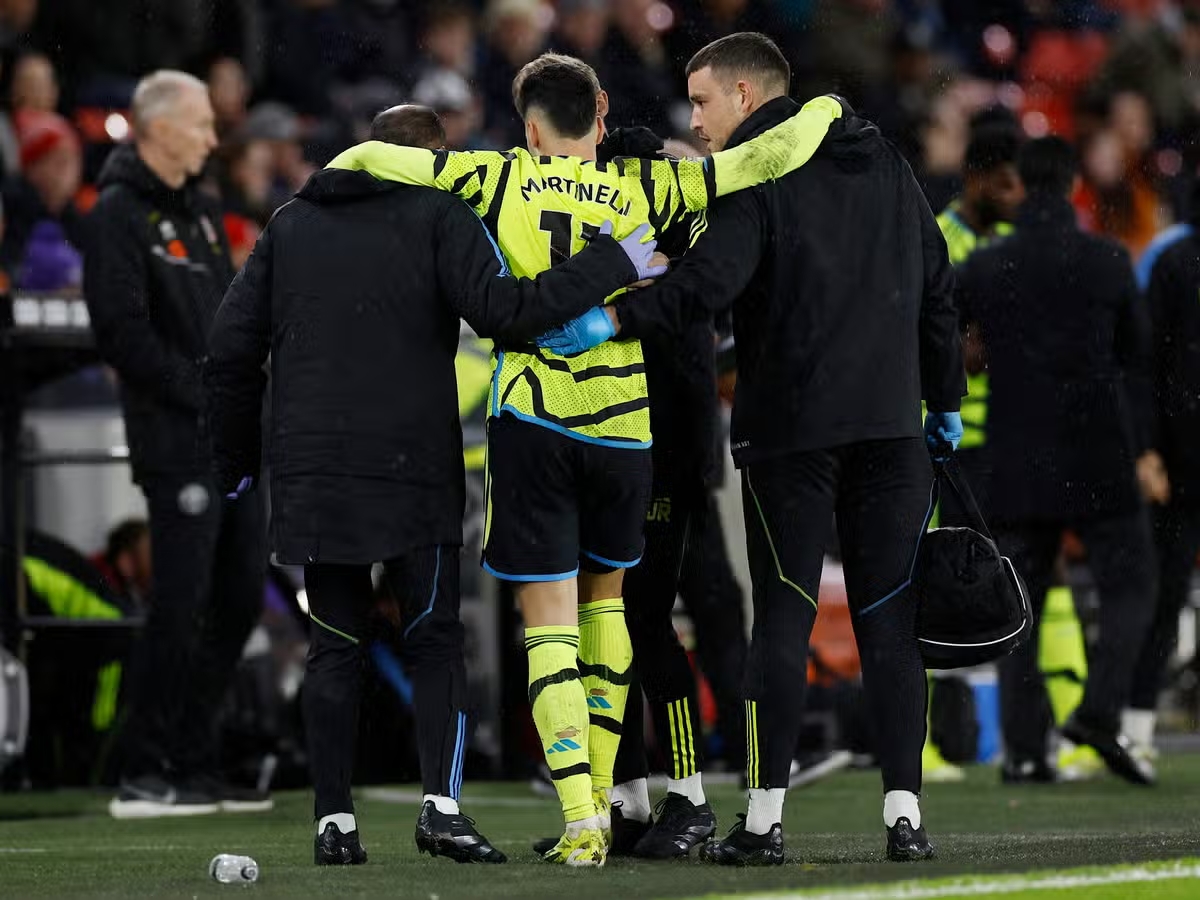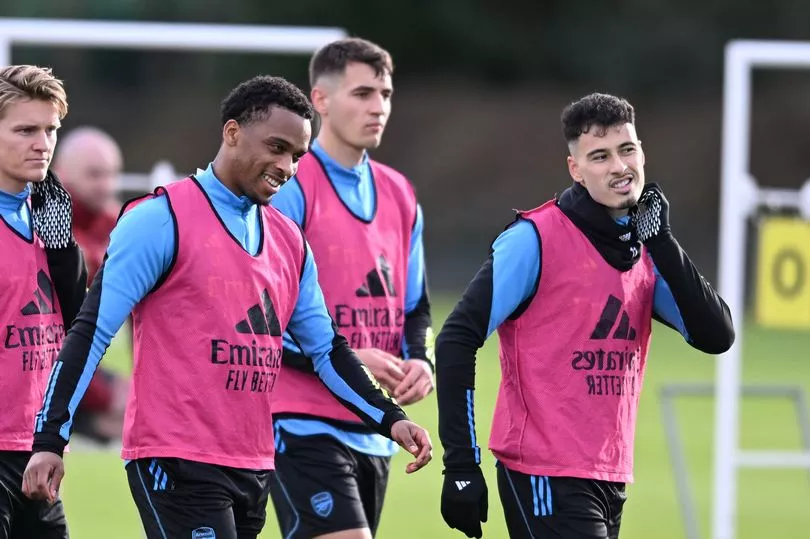Arsenal finds themselves in another extended period without a match following their recent triumph over FC Porto in the Champions League, securing their progression to the quarter-finals. In late February, Mikel Arteta addressed the postponement of the Chelsea fixture, asserting that it would not significantly impact him or his team.
Arteta stated, “We anticipated this possibility and will utilize this break to optimize our preparations. Although it may lead to a more congested fixture schedule in April, we are equipped to manage it effectively.”
Regarding training arrangements during this hiatus, it remains uncertain if Arsenal will undertake any specific regimes, akin to other Premier League counterparts. Likewise, the possibility of arranging a closed-doors friendly remains undetermined.

The primary objective during this extended interval, extending beyond two weeks, is to prevent injuries. Several Arsenal players, such as Bukayo Saka, Declan Rice, Gabriel Magalhaes, William Saliba, and Kai Havertz, are expected to feature for their respective national teams, raising concerns despite the predominantly friendly nature of these fixtures. Notably, Gabriel Martinelli has withdrawn from the Brazilian squad due to a foot injury, with hopes of his recovery in time for Arsenal’s upcoming fixture against Manchester City on March 31.
Martinelli’s situation is being closely monitored, with recent sightings of him using crutches deemed precautionary as he recuperates from the injury. Meanwhile, Jurrien Timber’s rehabilitation progresses positively, with potential participation in an under-21s game on March 16, contingent upon his readiness.
Transitioning from the international break to a pivotal encounter against Manchester City poses a formidable challenge. Therefore, the final imperative for Arsenal’s uninterrupted momentum is seamless preparation leading up to the Etihad clash, with Arteta’s strategic execution paramount for success.


